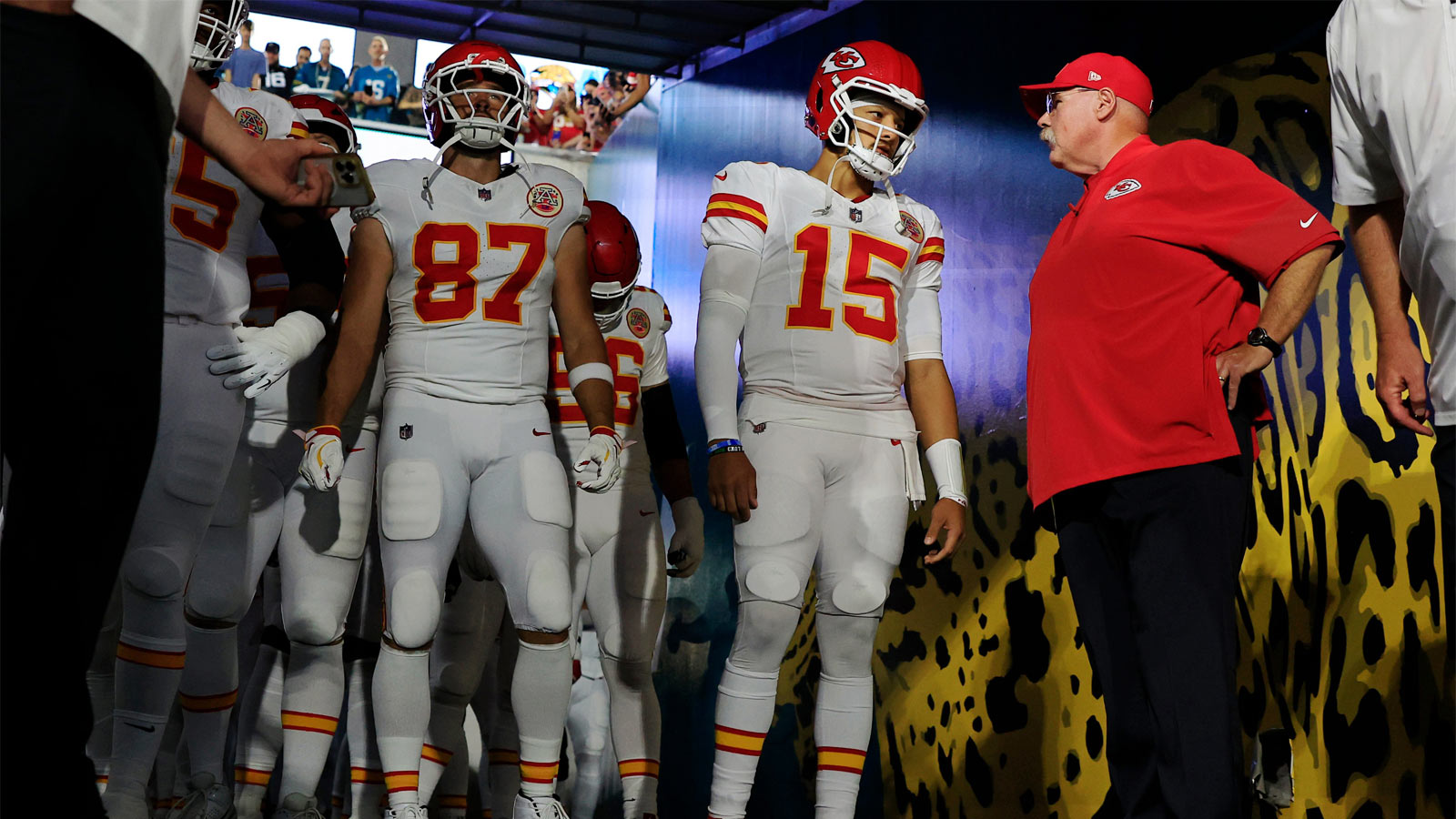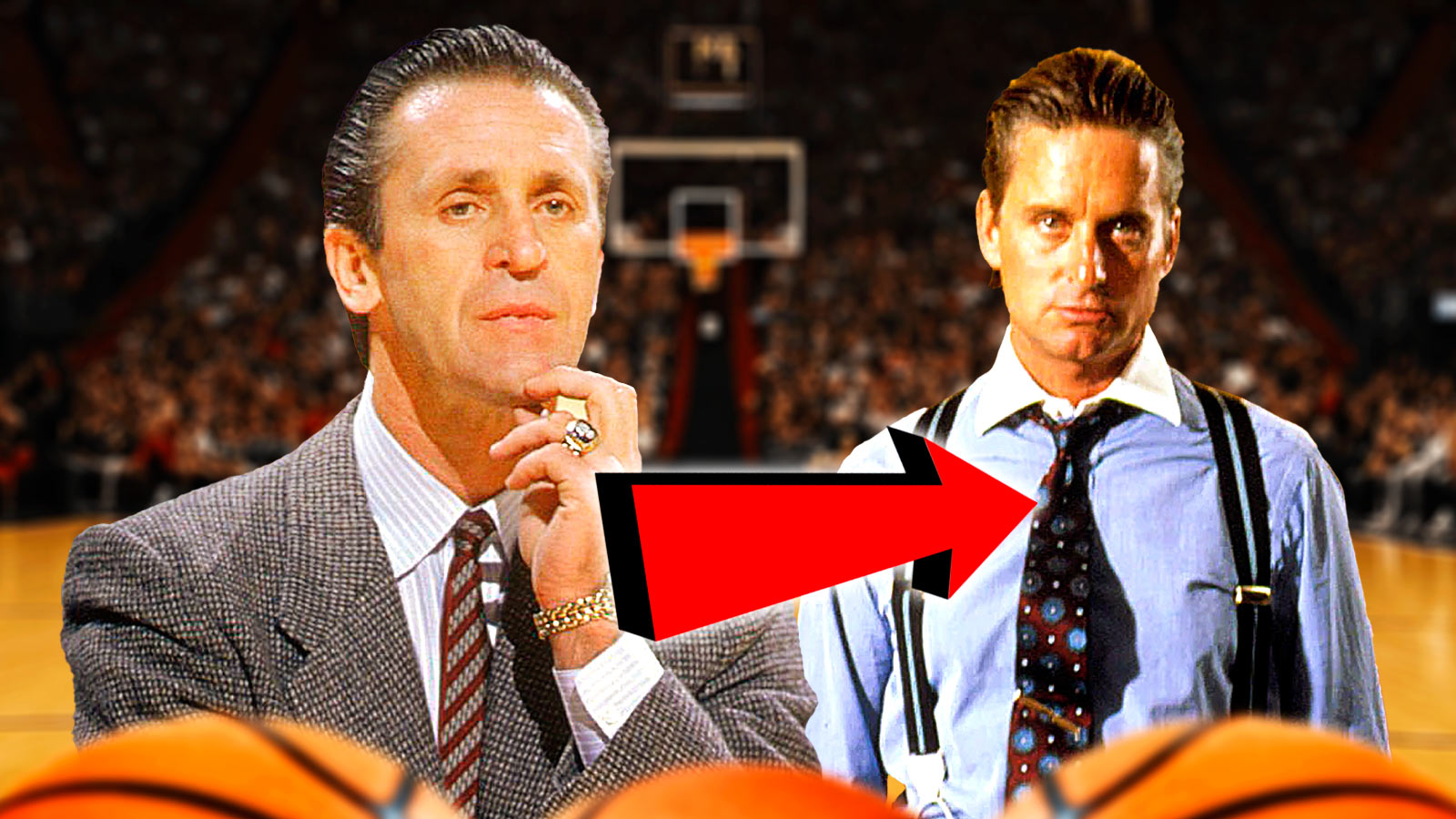Jimmy Graham just proved that his competitive fire still burns strong. The 38-year-old tight end hasn’t officially hung up his cleats, but his latest feat had nothing to do with touchdowns. Over the course of 10 grueling days, Graham and his team rowed more than 584 nautical miles through the Arctic Ocean. Their goal: raise awareness, raise money, and quite possibly set a world record, per Yahoo.
Update from @TheJimmyGraham on “The Arctic Challenge,” their historic row across the Arctic Ocean:
“The team has officially entered the fjord – just hours from the finish line. After nearly 1,000 km of the Arctic Ocean, the end is finally in sight!
Exhausted, soaked, but… pic.twitter.com/lretSULhqE
— New Orleans Saints (@Saints) July 14, 2025
This wasn’t some spur-of-the-moment trip. Graham trained for 18 months to prepare for The Arctic Challenge, an expedition that pushed four adventurers to the brink. Alongside ex-Navy SEAL Andrew Tropp and elite rowers Hannah and John Huppi, Graham launched from Tromsø, Norway on July 4 and reached Longyearbyen, Svalbard on July 14. The journey took them to the northernmost town of its size on the planet, battling rough seas, cold winds and unpredictable conditions.
At the heart of the voyage was purpose. The crew set out to raise $1 million — one dollar for every meter they traveled — with funds going to Covenant House New Orleans and Laureus Sport for Good New Orleans. These organizations work to fight homelessness and promote youth development through sports.
Still Building His Legacy
Though he’s no longer dodging defenders on Sundays, Graham hasn't stopped moving forward. He served as lead navigator on the expedition, a role that fits perfectly with his post-football life. He holds 10 aviation licenses and is known for intense cycling trips, all part of a lifestyle centered around challenge and growth.
Back in January, he told Saints defensive end Cameron Jordan that his new pursuits offer him a fresh kind of purpose. “It just really gives me something to look forward to and something that athletically I can push myself in a new direction,” he said. “And I don’t have to take hits anymore. I can just sit there and just get to work.”
During his NFL career, Jimmy Graham made five Pro Bowls, led the league in touchdown catches in 2013, and logged two seasons with over 1,000 receiving yards. He left his mark in New Orleans, Seattle, Green Bay and Chicago. But now, he's setting a different kind of example — one where strength is measured in meters rowed, not yards gained.



















